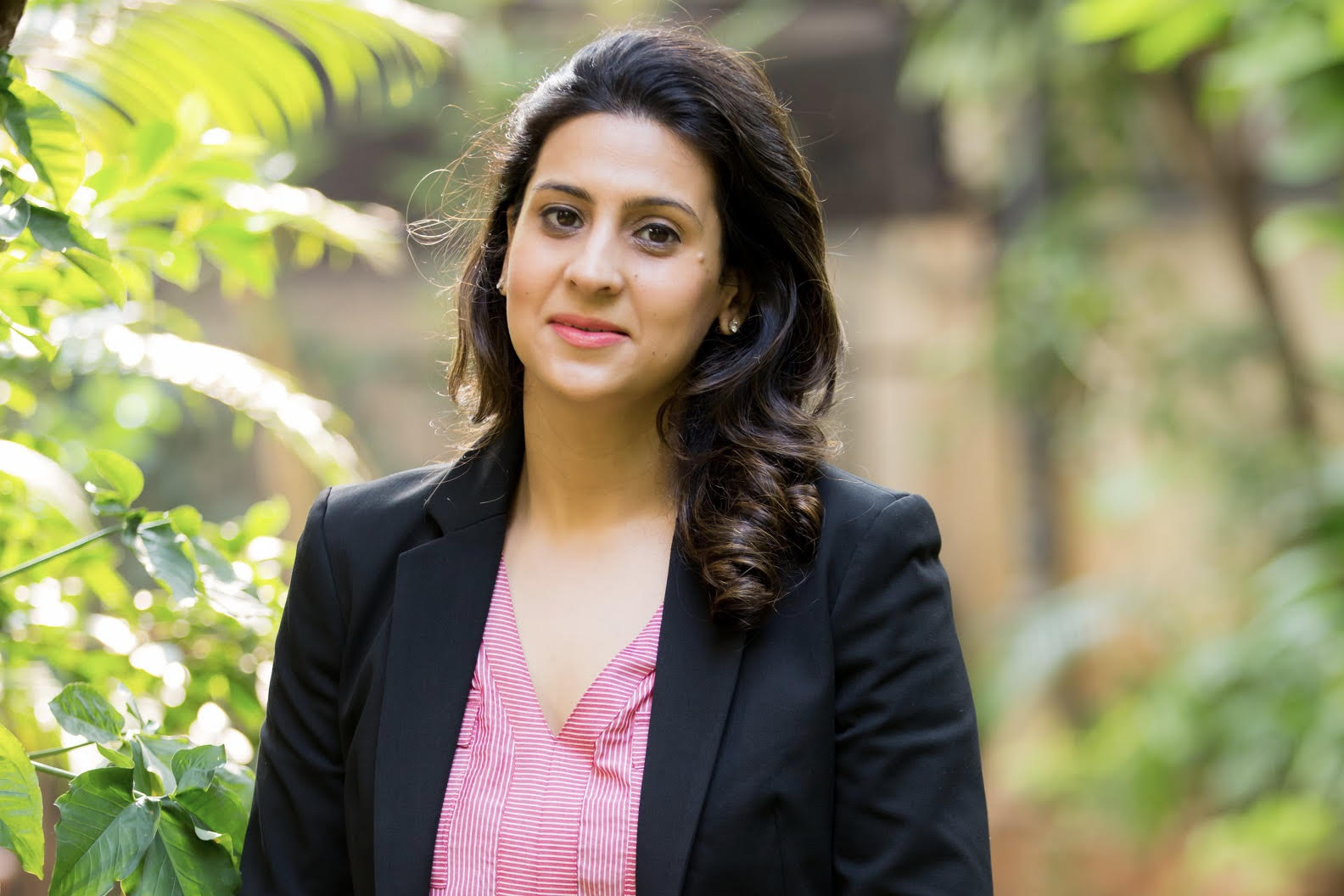As the pandemic throws challenges on humanity with nearly 8 million people suffering from COVID-19 in India alone, it’s time to look at some motivating factors that can help individuals sail through. Meeting clients on a physical basis daily has made me realize that one of the most common themes or questions that people are asking across different ages and work roles is how does one motivate themselves? In achieving their goals many people are waiting for the right time and the right state of mind. However, the question of relevance here is ‘what is the right state that enables one to move into action’?
For some people their work environment, team engagement, constant external rewards, promotions and bonuses were motivating factors. Since the COVID pandemic puts most of the external factors at rest many are finding it difficult to maintain and generate their optimal levels of productivity. Levels of creativity, curiosity and exploration have reduced. Many clients feel they are under-performing and lack the energy that they had before the pandemic. Are there individual differences in motivation? Although work, life goals and targets may remain the same, modes of achieving them and the comfort with which they can be achieved have become more challenging. Motivating one to meet and greet friends, colleagues and family members is now a well-planned and evaluated decision. People lack spontaneity in their actions and are vigilant and cautious about every move they take. How does one control their behavior despite the uncontrollable environmental circumstances? What could be some of the reinforcements and consequences that can be morally redefined by companies for employees working from home?
As clinical psychologist Richard Ryan, Phd stated ‘motivation applies to every human endeavor’ and thereon one needs to look at self-determination theory (SDT). It is now more important to focus on behavior that enables people to engage willingly at tasks in order to achieve greater wellbeing. This highlights the process of intrinsic motivation where one engages in activities out of interest, enjoyment and internalizes behavior that the individual feels that might be valuable and worthy.
Human behavior universally is now redefining one’s physical and psychological needs to thrive and survive the pandemic. The self-determination theory defines three essential psychological needs of autonomy (willingly making choices and actions), competence(need to develop and grow) and relatedness (need to feel belongingness), which are important for well-being and mental health.
How does one willfully make choices when there are huge demands made by the external conditions of their life such as maintaining their job, health and multi-tasking with online-schooling and work from home? Intrinsic motivation, an activity that one engages simply to achieve the thrill, enjoyment and the high of accomplishing is important for learning and growth. Cognitive evaluation theory states that individuals that connect feel more secure, those who perform activities willfully have higher confidence levels in their ability to achieve challenging task rather than the ones who are forced and thus have high intrinsic motivation. In the modern era the increase in cases of addiction to video games is a great example of intrinsic motivating behavior. Online gaming tends to have the fun, maintains connection with friends and enables people to make their choices and are thus more satisfying to people who are not achieving the same psychological satisfaction in other aspects of their life. This leads to persistent behavior and maintains the addiction.
To maintain optimal level of motivation, happiness, well being in yourself and others:
1. Believe in yourself and take ownership in activities, praise yourself
2. Ensure connectivity while engaging in tasks, seek support, provide care and warmth to yourself and others
3. Provide yourself with meaningful and flexible choices and identify the rational and value of accomplishing the task
In their study on ‘Wealth and Happiness Across the World, Ed Diener, Weiting Ng, James Harter & Raksha Arora (2010) studied positive and negative affect across different cultures. Results revealed that fulfillment of the basic psychological needs such as learning, autonomy, using one’s skills and the ability to count on others in an emergency were the highest predictors of positive and negative affect in individuals. When psychological needs are met people do make rational choices that determine their behavior and have high levels of motivation, engagement and wellness. Can individuals make willful choices of maintaining healthy responsible behavior of helping medical and government agencies curb the pandemic?
As the world unlocks during the pandemic and individuals are once again acquiring their freedom for motion, an internalization of a strong belief system for the purpose of maintaining the greater good and health of the human race is the need of the hour. Choices empower people and give a sense of individualization and responsibility to direct and change their life. In order to gain greater control over the mind and its interaction with the environment one needs to self-regulate emotions. To achieve harmony within oneself, one needs to be in harmony with the environment. An important learning from Albert Einstein “I never teach my pupils. I only provide the conditions in which they can learn.”


